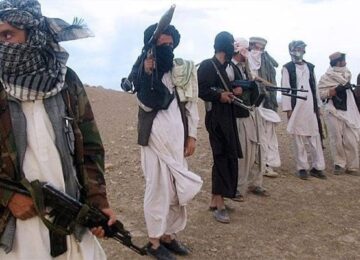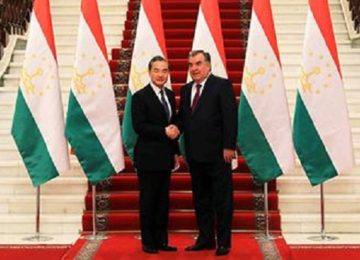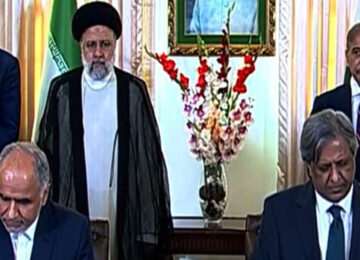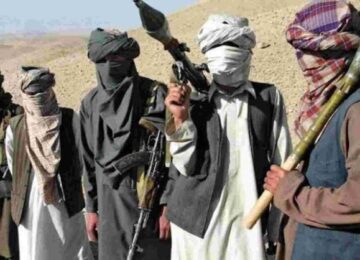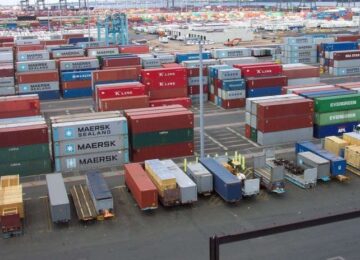Youth are backbone to the nation and they can change the future of the society with their wellbeing and courageous behavior. They are the integral part of every society and have potential energy to transform the society and bring positive changes.In the course of history revolutions happened by the force of the youths only and they have zeal to work, ideas to create and skills to implement.
Afghanistan is home for many ethnic groups, they have lived together for thousands of years. Since last three decades they have been fighting each other due to the instigation and interference of neighboring countries, which destroyed everything in the country. This new generation and these youths are the hope of present and future of Afghanistan.
Now this is the time to say “no” to racism and to live and work in an environment of brotherhood. People should be recruited in government post by not looking at their ethnicity rather they should check their educational background and experience and either not by recommendation. Therefore, they should come together, putting aside the ethnicity and language factor and work together.
Recently in line with a reform plan and paving the way for youth to be recruited in government posts, President Mohammad Ashraf Ghani decreed the retirement of more than 160 Afghan National Army (ANA) generals.
“We want reforms to win the war and peace. We don’t want reforms just for the sake of reforms. This process will continue for our brighter future,” the president tweeted.
Some of generals and officers are said to have links with political figures and groups, prompting government leaders to reach in an agreement on retiring the ANA officers.
In November last year, the Ministry of Defense (MoD) had announced finalizing the outline of the retirement plan for Afghan National Defense and Security Forces’ (ANDSF) generals, colonels and other high-ranking military officers. Under the plan around 2,000 high-ranking officers would be retired in three phases over the next two years.
Indeed, a young population is considered a valuable asset for a country’s socioeconomic and political development. In Afghanistan, unemployment and low levels of education have led to an increase in drug addiction among adolescents, early marriage and early pregnancy are widespread, and radicalization and extremism are a growing phenomenon. Rather than playing a positive and constructive role in the development of Afghan society, young people have become victims of the evil forces of conflict.
Therefore, investment on youth will yield fruits after they enter the workforce, where they will deliver several times the investment made on them. In the last seventeen years, Afghanistan’s literacy rate has unprecedently increased with thousands of schools and hundreds of universities (both public and private) providing education opportunities.
Thousands of graduates, within and outside Afghanistan, are ready to enter the workforce, but lack of employment opportunities leads to a sense of desperation, prompting frustrated young people to take the decision to flee the country in hope of securing a better life.
Recent move by the National Unity Government and its support of the new generation would be a green light to Afghanistan’s development. Many young cadres have been appointed to key government positions and they are indeed working hard to bring about positive changes to the society.
Countries who know how to use their youths are very developed by providing all the above facilities because they know that the future of the nation depends upon them. They have more energy, bright minds and new plans to work on. And they have positive influence on others and positive way of thinking.
This article originally appeared in The Kabul Times on February 08, 2018. Original link.
Disclaimer: Views expressed on this blog are not necessarily endorsed or supported by the Center for Research and Security Studies, Islamabad.




